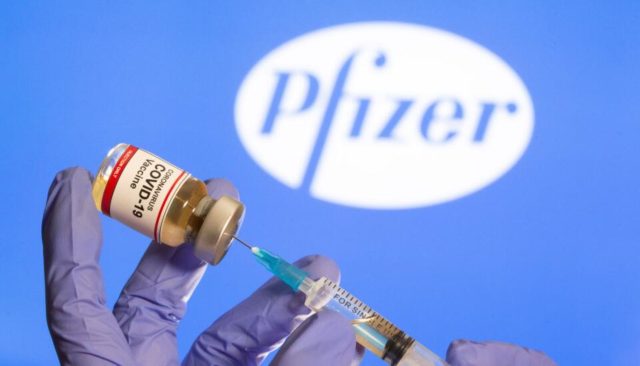Health Minister Zweli Mkhize said that government departments were working urgently to secure vaccines through bilateral deals with manufacturers and negotiations should be concluded and front-line workers be vaccinated by February.
THE SOUTH African government is coming under mounting pressure from its labour union allies, opposition parties and medical professionals over its failure to secure any bilateral vaccine supply agreements with pharmaceutical companies.
While at least 29 countries have already begun inoculating their populations, South Africa only expects to start getting shots for about 10% of its population in the second quarter through the Covax initiative.
Health Minister Zweli Mkhize said that government departments were working urgently to secure vaccines through bilateral deals with manufacturers and negotiations should be concluded and front-line workers be vaccinated by February.
According to the Health Department, the Pfizer/BioNTech vaccine has shown to be 95% effective in protection against the virus.
The biggest challenge with this vaccine option is that it needs to be stored at -70°C.
South Africa only has a limited amount of commercial ultra low cold-chain storage.
The AstraZeneca/University of Oxford vaccine offers 70% protection against Covid-19.
This vaccine is likely to be widely used around the world as it can be stored at 2-8°C, which is around fridge temperature and easier to store.
Under the government’s strategy, a vaccine will be administered in three phases, starting with the country’s estimated 1.25 million front-line health care workers.
An estimated 16 million people will be vaccinated in the second phase, including people working in essential services and congregate settings, the elderly and people with comorbidities.
Phase 3 will target another 22 million people to bring the total number of persons vaccinated to 40.3 million, or 67% of the country’s population, the level at which it’s believed herd immunity can be achieved.
“We are targeting a minimum of 67% of the population to achieve herd immunity and the approach will be a phased roll-out of the vaccine beginning with the most vulnerable in our population,” Mkhize said.
He said that the only way to deal with a second wave is to develop herd immunity through vaccination.
“The vaccines will need to be made available quickly so that most of our citizens are covered by the end of the first year of roll-out – this year.
“Having secured for 10% of the population, we have embarked on other efforts to get the rest of the 57% of the population to be targeted by the end 2021 but, more importantly, we are making efforts to obtain vaccines much earlier, hopefully as early as February 2021,” the minister said.
The priority of the vaccine roll-out will begin with health care workers, the elderly and those with comorbidities.








